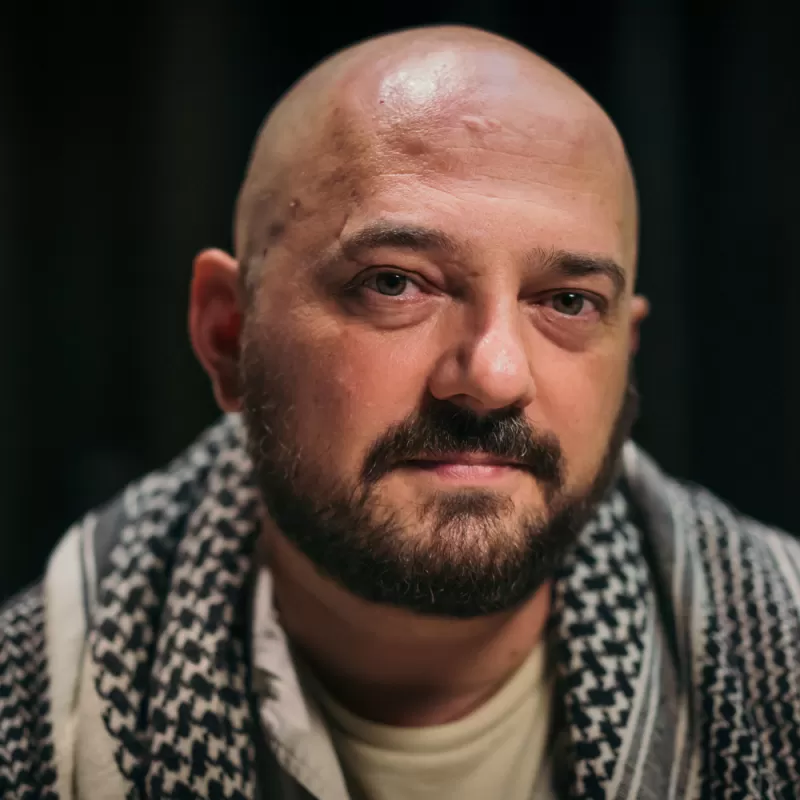
A campaign “started by progressives against Viktor Orban” has allegedly spread to Romania as well, according to Sputnik.md, which brings as evidence in support of this theory the fact that the G4Media publication has commissioned a survey on the perception of the LGBT community.
NEWS: “An Avangarde survey conducted for G4Media, a publication that promotes LGBT rights, shows that most Romanians are supporters of the traditional family. The poll might be related to the campaign started by progressives against Viktor Orban and the anti-LGBT propaganda law adopted by Hungary. Viktor Orban's traditional policy has become very popular in Romania as well, as evidenced by the poll published today. The publication notes with astonishment that only 12% of Romanians believe that more rights should be granted to the LGBT community, while 62% believe that the role of the traditional family should be strengthened by law. An overwhelming pro-tradition majority, therefore, one that would easily support the policies of Viktor Orban who has just announced that he will hold a referendum on this issue in Hungary. […] A poll conducted for other purposes, but which revealed that the Romanian public opinion remains firmly anchored in traditional values.”
NARRATIVES: 1. A campaign is underway against Viktor Orban's family policies, which has been extended to Romania. 2. Romanians support Viktor Orban's policies.
CONTEXT: Hungary has adopted a so-called child protection law, which harshens penalties for acts of pedophilia, but which has been nicknamed by its critics “the anti-LGBT law” because it also contains provisions seen as discriminatory against the LGBT minority and, at the same time, would equate homosexuality with pedophilia. These provisions include a potential ban on providing information to minors about the LGBTQ community during sex education classes. The adoption of the law led to a new exchange of remarks between the Orban government and Brussels.
The President of the Commission denounced the law, which she termed as “a disgrace”, and the European Parliament adopted a resolution calling for legal action to be taken against Hungary, as the new law adopted by Budapest violates “EU values, principles and legislation”. The Orban government, which presents itself as an advocate of traditional values, has over time adopted several measures targeting the LGBTQ community, including with regard to the adoption of children by people of the same sex. Orban was accused of hypocrisy when one of his friends, MEP József Szájer, was found to have participated in a gay sex party.
The so-called “LGBTQ ideology” has been an obsession for the Kremlin, which has built much of its discourse and propaganda in recent years on the antithesis between an idealized and hyperbolized world of traditional values and “Gayropa”, a space where attempts are being made at perverting society and family, which exports its values and tries to impose them in healthy societies. Such an antithesis also appears in many Western societies, with traditional values generally embraced by ultra-conservative and far-right groups – which in many cases have good relations with Russia - and are embroiled in an ideological dispute with what they call “the progressives”.
In Romania, the “traditional family” vs. Liberal societies debate has gradually intensified in recent years and even a so-called family referendum has been held, invalidated by the low turnout (caused by disinterest and numerous calls for a boycott), which not even the massive media coverage, the intervention of the pro-referendum Church, the mobilization of the ruling party and some family groups and two days of voting could not stimulate. The pro-traditional values trend remained active after the defeat in the referendum, and the debate returned to the forefront after the National Liberal Party leader, Ludovic Orban, proposed a reorientation towards traditional values, Church, and family. The proposal came in the context of the internal race for the party leadership, hence its electoral flavor. This is the background against which the survey commissioned by G4Media was conducted.
PURPOSE: To undermine trust in the values assumed along with Romania's Euro-Atlantic integration. To create a narrative about a total battle, on the model of good vs. evil, for the defense of traditional values, championed by the likes of Viktor Orban.
WHY THE NARRATIVES ARE FALSE: The survey commissioned by G4Media has nothing to do with the Hungarian Prime Minister or Hungary – Viktor Orban, his government, the policies they adopt, the relationship with the EU, the anti-LGBT law are not even mentioned in the survey which focuses strictly on perceptions in Romania. There are no studies on how Romanians perceive Viktor Orban's policies, so the statement that they support those policies is mere speculation. There is no campaign against the Hungarian prime minister in Romania (where he actually has supporters in the government, as proven recently, when the UDMR leader, Kelemen Hunor, harshly criticized a statement made by the PLUS leader, Dacian Cioloș, regarding Hungary).
Outside Romania, Orban is criticized for his anti-democratic actions and the way he violates the EU values (which actually Hungary committed to as a member of the Union); so, again, the issue of a campaign against him is nonexistent.
Check sources:


